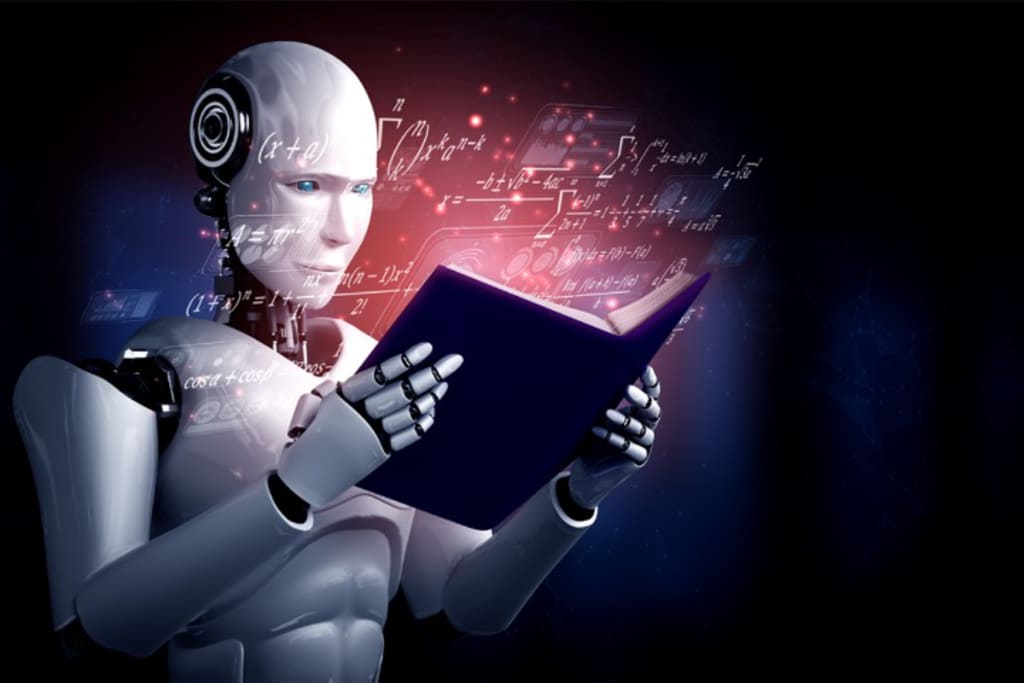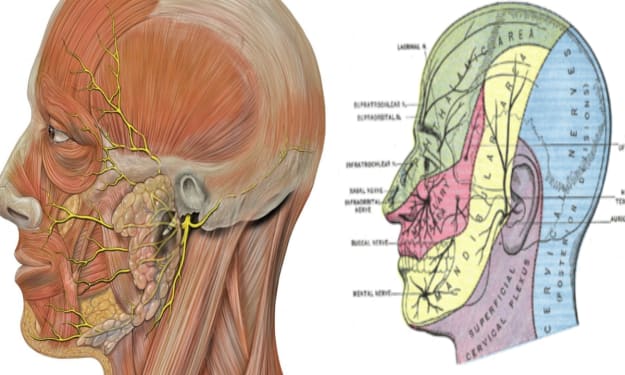Artificial intelligence will quickly lead to layoffs? How can ordinary people respond
Thoughts on Artificial Intelligence

Artificial intelligence (AI) has been a buzzword for several years now, and its impact on the job market has been a topic of debate. While some experts believe that AI will create new job opportunities, others argue that it will lead to massive layoffs. The truth lies somewhere in between, and it is essential to understand the nuances of this complex issue.
The rise of AI has already led to the automation of several jobs, such as data entry, customer service, and manufacturing. This trend is expected to continue, and it is estimated that AI could replace up to 40% of jobs in the next 15 years. This is a significant concern for many individuals who fear losing their livelihoods to machines.
However, it is important to note that AI will also create new job opportunities. For example, AI developers, data scientists, and machine learning engineers are in high demand and are expected to remain so in the future. Additionally, AI will enable the creation of new industries and business models, leading to the emergence of new job roles.
Despite the potential benefits of AI, the prospect of job loss is a real concern for many individuals. So, how can ordinary people respond to this challenge?
One way is to upskill and reskill. As AI continues to evolve, new job roles will emerge, and individuals who possess the necessary skills will be in high demand. Therefore, it is essential to stay updated with the latest technological advancements and acquire new skills that are relevant to the job market.
For example, individuals who work in customer service can upskill by learning how to use AI-powered chatbots and virtual assistants. Similarly, individuals who work in manufacturing can reskill by learning how to operate and maintain AI-powered machines.
Another way to respond to the challenge of AI is to embrace entrepreneurship. AI will enable the creation of new industries and business models, and individuals who are willing to take risks and start their own businesses can benefit from this trend.
For example, AI-powered healthcare startups are emerging, which use machine learning algorithms to diagnose diseases and develop personalized treatment plans. Similarly, AI-powered financial services startups are using machine learning algorithms to analyze customer data and provide personalized investment advice.
In conclusion, the impact of AI on employment is a complex issue, and it is essential to understand the nuances of this trend. While AI will lead to the automation of several jobs, it will also create new job opportunities and enable the creation of new industries and business models. To respond to this challenge, individuals can upskill and reskill, embrace entrepreneurship, and stay updated with the latest technological advancements. By doing so, they can remain relevant in the job market and thrive in the age of AI.
However, there is another aspect to this issue that is often overlooked - the ethical implications of AI. As AI becomes more advanced, it will be able to perform tasks that were previously thought to be the exclusive domain of humans. This raises questions about the role of AI in society and the impact it will have on human dignity and autonomy.
For example, AI-powered surveillance systems can be used to monitor individuals and track their movements, raising concerns about privacy and civil liberties. Similarly, AI-powered decision-making systems can be used to make decisions that affect people's lives, such as hiring decisions or loan approvals, raising concerns about fairness and bias.
Therefore, it is essential to ensure that AI is developed and used in an ethical and responsible manner. This requires a multi-stakeholder approach, involving governments, businesses, civil society organizations, and individuals.
Governments can play a crucial role in regulating the development and use of AI, ensuring that it is aligned with societal values and goals. For example, governments can establish ethical guidelines and standards for AI development and use, and create regulatory frameworks that promote transparency and accountability.
Businesses can also play a crucial role in ensuring that AI is developed and used in an ethical and responsible manner. For example, businesses can establish ethical codes of conduct for AI development and use, and invest in AI systems that are transparent and accountable.
Civil society organizations can also play a crucial role in ensuring that AI is developed and used in an ethical and responsible manner. For example, civil society organizations can raise awareness about the ethical implications of AI, and advocate for policies and practices that promote transparency and accountability.
Finally, individuals can also play a crucial role in ensuring that AI is developed and used in an ethical and responsible manner. For example, individuals can demand transparency and accountability from businesses and governments that develop and use AI, and advocate for policies and practices that promote fairness and equality.
In conclusion, the impact of AI on employment is a complex issue, and it is essential to understand the nuances of this trend. While AI will lead to the automation of several jobs, it will also create new job opportunities and enable the creation of new industries and business models. To respond to this challenge, individuals can upskill and reskill, embrace entrepreneurship, and stay updated with the latest technological advancements. However, it is also essential to ensure that AI is developed and used in an ethical and responsible manner, to ensure that it aligns with societal values and goals, and promotes human dignity and autonomy.





Comments
There are no comments for this story
Be the first to respond and start the conversation.